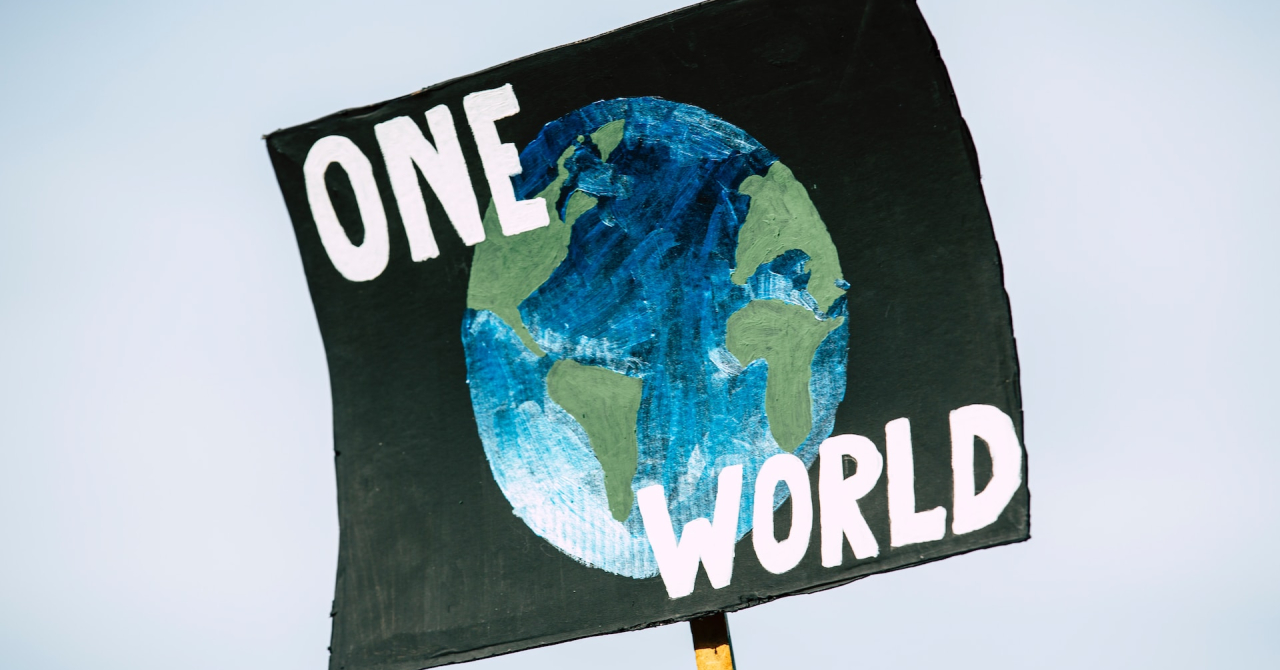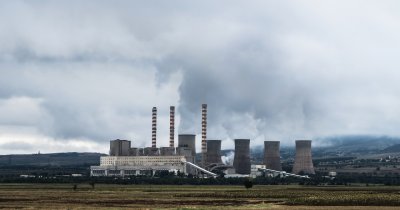As per Euronews.green, UN Secretary-General Antonio Guterres said that "investment in climate action and sustainable development is falling woefully short. Hunger and poverty are on the rise. And growing divisions between countries and economies are preventing an effective response."
At the same time, UN analysts wrote that "the unfolding climate crisis and extreme weather events will undermine agricultural output and tourism, while geopolitical instability will continue to adversely impact several subregions … especially the Sahel and North Africa."
High food prices had an impact on the entire world population in 2022 and 2023 and the UN expects this trend to continue in 2024, as well, especially in Africa, South and Western Asia. More rain, storms and hurricanes are expected in Central America, South-East Asia and Southern Africa, among other areas.
To be able to prevent severe damage from these extreme weather events, UN experts say that scaling up climate financing is a "critical priority".
Currently, they say that the available finance "remains far below the required level of green investment to limit the temperature rise to 1.5°C above pre-industrial levels, as set out in the Paris Agreement in 2015."
As an estimate, the UN believes that around 150 trillion USD will be required between now and 2050 for the transition to clean energy.
Developing countries are among those that are hit the hardest by climate change-related events and experts say that the effects are increasing quickly. They also don't have the budget to fight climate change on their own, since they owe debt. This is why the most powerful economies are often urged to offer financial aid for the green transition to the world's developing nations.
All in all, the report suggests that the best way to succeed in the race to a green economy is the "effective international development cooperation" between the economic superpowers and lower income nations.
 Mihai - Cristian Ioniță
Mihai - Cristian Ioniță












Any thoughts?